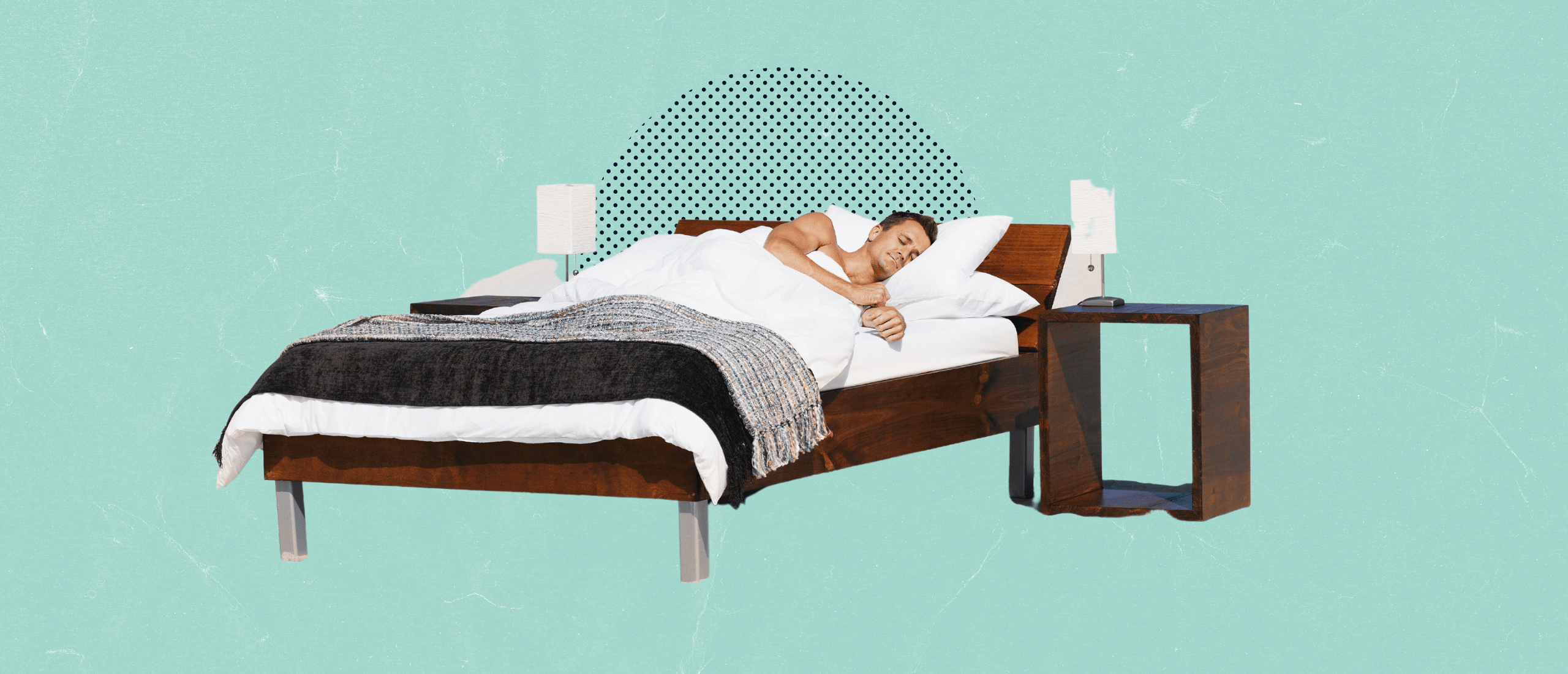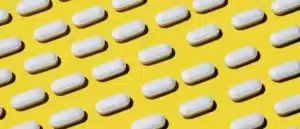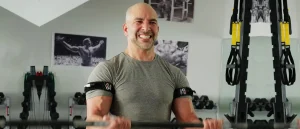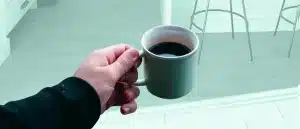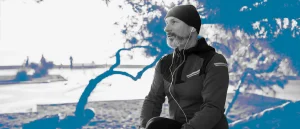If Your Sleep Sucks, You Need to Try These Longevity Expert-Approved Sleep Hacks
D
eep sleep is a restorative stage of sleep in which your brain makes neural connections and stores memories (1). Skimping out on these Zs can make you feel like crap the next day, but there are bigger consequences: a lack of deep sleep may increase your risk of life-shortening conditions like high blood pressure, heart disease, diabetes, depression, erectile dysfunction, and low testosterone.
No wonder longevity experts adhere to strict nighttime routines to optimize their sleep. And like their workout regimens and diets, their sleep hacks are worth stealing.
Peter Attia
Outlive author Peter Attia, M.D., regularly emphasizes the importance of quality sleep in preventing chronic disease and extending your lifespan on The Drive podcast. A few of his biggest tips:
Stop eating 3 hours before bed
Attia swears by intermittent fasting for reducing inflammation, better weight management, and autophagy. But his time-restricted eating protocol also boasts benefits for better sleep.
Eating too close to bedtime can cause digestion issues, per Attia. And digestion can raise your body temperature, which may disrupt your sleep.
Attia says that he stops eating three hours before bed.
Pro-tip: Use a temperature-controlled sleep cover
Waking up sweaty at 3 a.m. is the worst . Attia uses an Eight Sleep temperature-controlled cover to keep him cool while he sleeps.
For the best sleep quality, the Sleep Foundation recommends keeping your bedroom around 65 to 68 degrees Fahrenheit.
Andrew Huberman
Neuroscientist Andrew Huberman, Ph.D., is known for his sleep cocktail; a four supplement combo that may boost the quality of your Zs. But that’s not the only secret sauce to his deep sleep-optimizing nighttime routine.
Look at the sun
One thing about Huberman is he is going to look at the sun. No ifs, ands, or buts. He heads outside first thing in the morning to get sunlight in his eyes for a few minutes to regulate his circadian clock.
Nighttime is no different. Huberman says that he tries to view late afternoon and evening sunlight every evening to signal to his brain that it’s time to wind down. Sunlight followed by darkness may trigger melatonin production, the hormone helps you feel tired, per the Sleep Foundation.
Pro-tip: Don’t use melatonin
While many guys reach for melatonin supplements to fall asleep faster, Huberman points to a meta-analysis that suggests that supplemented melatonin may only increase sleep by about 4 minutes and sleep efficiency by about 2% (2).
If you need a sleep aid, we’ve got a whole list of natural melatonin alternatives.
Mark Hyman
The Doctor’s Farmacy podcast host and longevity-focused physician Mark Hyman, M.D., coaches patients on how to optimize their health and lifespan—including the importance of s. ticking to a sleep routine.
Stick to a set bedtime
Going to bed at the same time every night can optimize your sleep by synchronizing your sleep drive and circadian rhythm, according to a study published in the journal PLOS One (3). Participants who had a set sleep schedule reported a faster circadian phase and sleep onset compared to their unscheduled peers.
Hyman starts winding down around 9 p.m. and is strict about his 10 p.m. bedtime to make sure he gets at least 7 hours per night.
Pro-tip: Put your phone on airplane mode
In case you needed a reminder: stop checking your email notifications at night. We promise, it can wait. Hyman says he puts his phone on airplane mode 45 minutes before bed to stop all sleep-disrupting beeps and pings.
Rhonda Patrick
Neuroscientist Rhonda Patrick, Ph.D., is no stranger to how sleep can impact your overall brain health. But while many of the neuroscience concepts she breaks down on the FoundMyFitness podcast are complex, her pre-sleep routine is surprisingly straightforward.
Run a hot bath
Patrick has recently begun incorporating heat exposure therapy to her nighttime routine, according to an episode of the FoundMyFitness podcast.
“It’s been my personal experience that heat exposure with appropriate cool down has helped me with aspects of my sleep,” Patrick says.
Research suggests she’s onto something: Raising your body temperature without physical activity 1 to 2 hours before going to bed may trigger sleepiness, according to a review published in Sleep Medicine Reviews (4). This may be because the cooling of your core body temperature after heat exposure triggers sleep, and may improve sleep onset and quality.
Rhonda recommends two before bed heat protocols:
In the bath:
Temperature: 104 degrees Fahrenheit
Timing: 20-30 minutes, 1-2 hours before bed
In the sauna:
Temperature: 176 degrees Fahrenheit
Timing: 20 minutes, 1-2 hours before bed
Pro-tip: Add magnesium to your supplement stack
Patrick says she takes a magnesium supplement a few hours before bed to help her sleep. Magnesium may improve sleep quality and duration in adults by promoting relaxation, according to a 2021 study (5).
She dished on the HubermanLab podcast that her favorite magnesium supplement is Magnesi-Om by Moon Juice.
David Sinclair
Biologist and genetics researcher David Sinclair, Ph.D., is a self described insomniac. On an episode of the FoundMyFitness podcast, he opened up that he once had to rely on prescription sleeping medications to fall asleep after getting off work at 11 p.m. Now, he employs other strategies to help him settle down at night.
Avoid blue light
It’s tempting to scroll social media in bed. But blue light from your phone or computer screen can disrupt your sleep even after you set your alarm and toss your device to your bedside table.
Blue light tricks your brain into believing that it’s still daytime and can suppress melatonin, according to Harvard University. And this type of light may negatively impact your ability to fall asleep for up to 3 hours after exposure.
Pro-tip: Wear blue light glasses
If you can’t stay off of your devices before bed, there’s a cheat code. Sinclair tells Patrick that he wears blue light glasses when using his devices at night to avoid throwing off his circadian rhythm.
References
1. Leger, et al (2018). Slow-wave sleep: From the cell to the clinic.
2. Brzezinski, et al (2005). Effects of exogenous melatonin on sleep: a meta-analysis.
3. McMahon, et al (2020). The impact of structured sleep schedules prior to an in-laboratory study: Individual differences in sleep and circadian timing
4. Haghayegh, et al (2019). Before-bedtime passive body heating by warm shower or bath to improve sleep: A systematic review and meta-analysis.
5. Zhang, et al (2021). Association of Magnesium Intake With Sleep Duration and Sleep Quality: Findings From the CARDIA Study.



